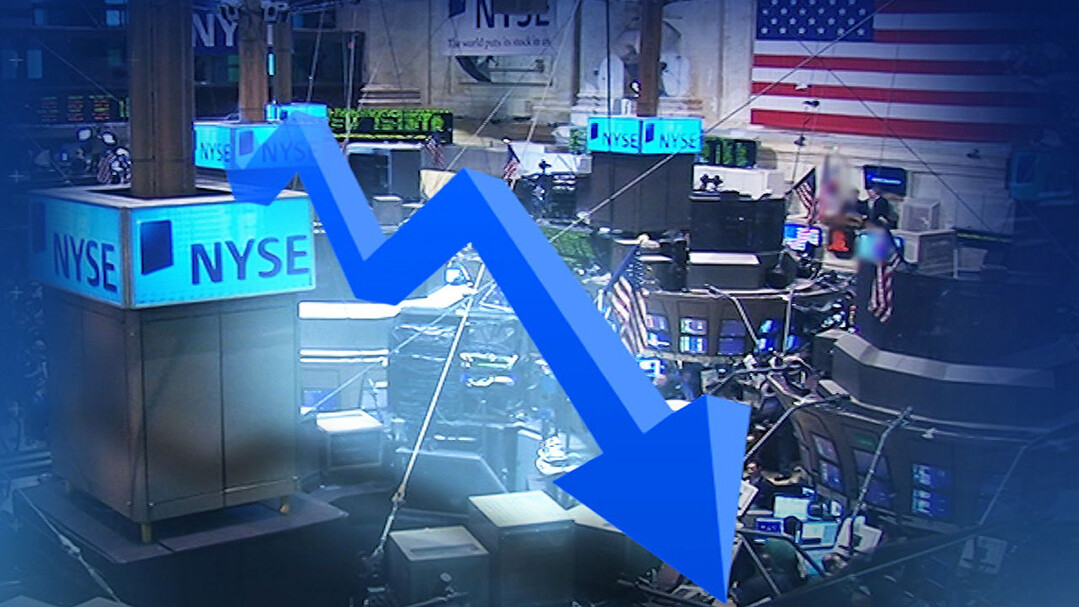
A pervasive sense of unease has settled over the American corporate landscape, with a significant majority of chief executive officers anticipating an economic downturn. A recent survey conducted by the U.S. think tank Conference Board in collaboration with The Business Council revealed that a staggering 83% of surveyed CEOs expect a recession within the next 12 to 18 months, with 71% foreseeing a "short and mild recession" and 12% bracing for a "severe downturn." This sentiment mirrors the levels of concern observed in late 2022 and early 2023, underscoring persistent anxieties.
The shift in perception regarding current economic conditions is particularly striking. While only 11% of CEOs in the first quarter of 2025 reported a worsening economic situation compared to six months prior, this figure surged to 82% in the second quarter. Conversely, those noting an improvement plummeted from 44% to a mere 2%. Looking ahead, a substantial 64% now expect economic conditions to deteriorate over the next six months, a sharp increase from 15% in Q1. Similar pessimism permeates industry-specific outlooks, with 51% anticipating a decline in their sectors, up from 14%.
This somber outlook is reflected in various economic indicators. The Conference Board's Leading Economic Index (LEI) for the U.S. experienced its fifth consecutive monthly decline in April 2025, falling by 1.0%. The preliminary estimate for Q1 2025 GDP showed a 0.3% contraction, and public interest in the term "recession" reached peak popularity in online searches during March and April 2025. While the Federal Reserve's interest rate remains at 4.50% as of May 2025, and the unemployment rate stood at 4.20% in April, inflation, though at 2.30% year-over-year in April, remains a concern, with forecasts suggesting a renewed inflationary impulse from tariffs. The Conference Board itself has revised its 2025 U.S. real GDP growth forecast down to 1.6%.
The primary drivers of this apprehension are geopolitical instability and persistent trade tensions. Geopolitical risks, encompassing tectonic shifts in global power dynamics, fragmented regulatory environments, and a politicized technology landscape, were cited by 59% of CEOs as the greatest risk factor impacting industries. Trade and tariffs, notably the increase from 0% in Q1 to 58% of respondents, highlight the significant impact of global trade policies. Although the U.S. and China reached an agreement on May 12, 2025, to substantially reduce some inflated tariffs, the residual duties — such as the 30% additional tariffs on most Chinese imports to the U.S. and 10% on U.S. imports to China — still represent a "majorly altered global trade reality." The average effective U.S. tariff rate currently stands at 17.8%, the highest since 1934, indicating that trade barriers continue to weigh heavily on economic prospects despite recent de-escalation efforts. These factors contribute to a complex and challenging environment for businesses, suggesting that the path forward remains fraught with uncertainty.
[Copyright (c) Global Economic Times. All Rights Reserved.]



























